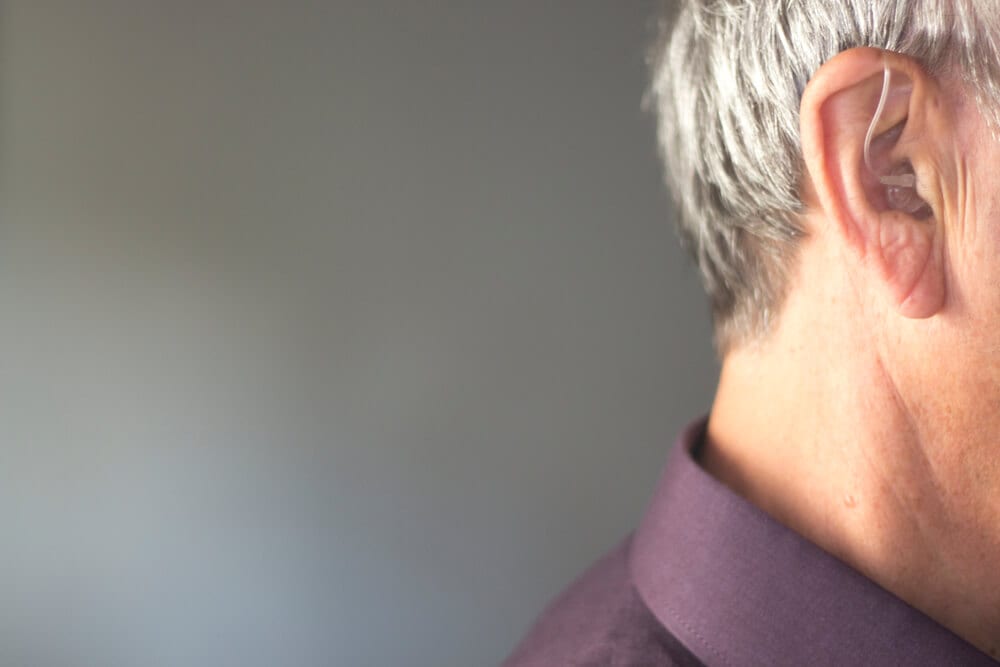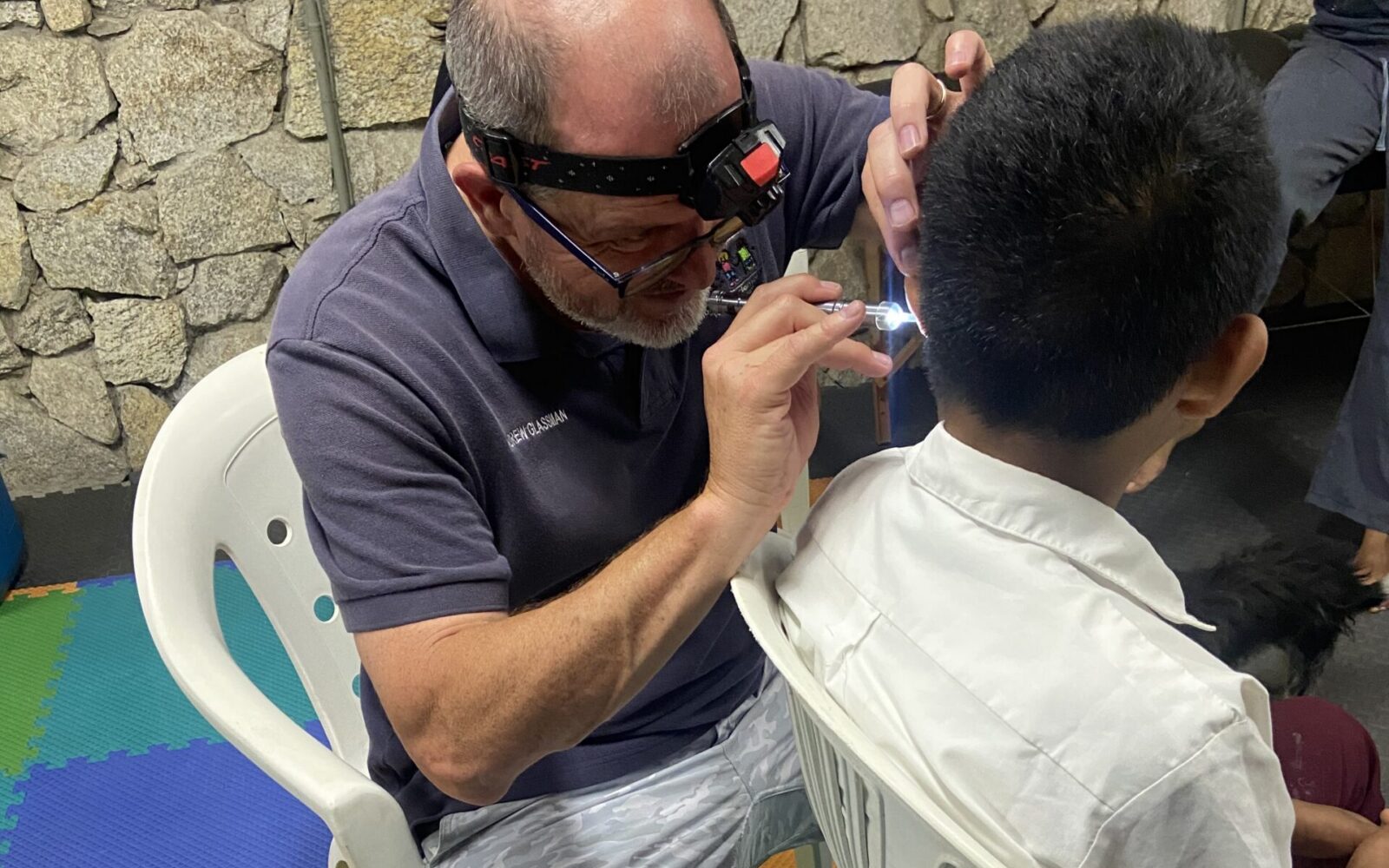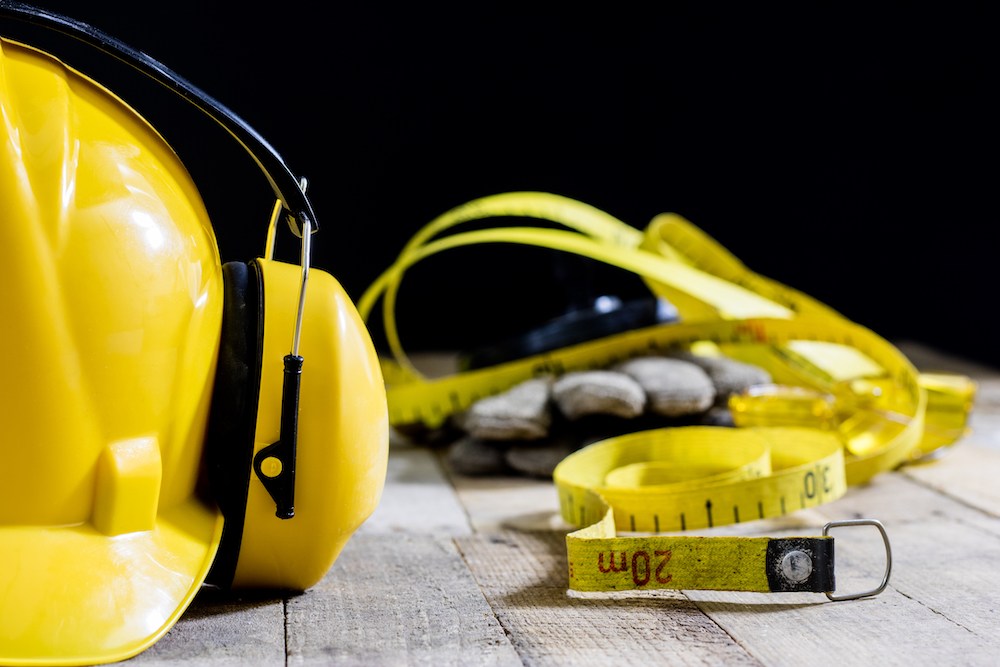Restoring Hearing, Changing Lives: Our Mission Trip to Huatulco, Mexico
This past year, our team had the privilege of partnering with The Lupita
An interview with Lyn Kirsch, Au.D.: In honor of Black History Month, CAA celebrates diversity of the audiology community in California.
Read More →


This past year, our team had the privilege of partnering with The Lupita

Fall festivals bring live music, crowded spaces and loudspeakers that can

Getting hearing aids fitted properly can be tricky because your